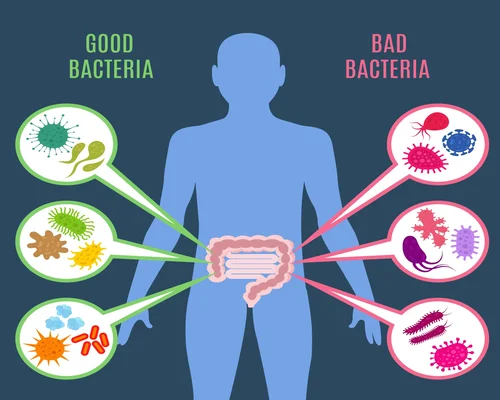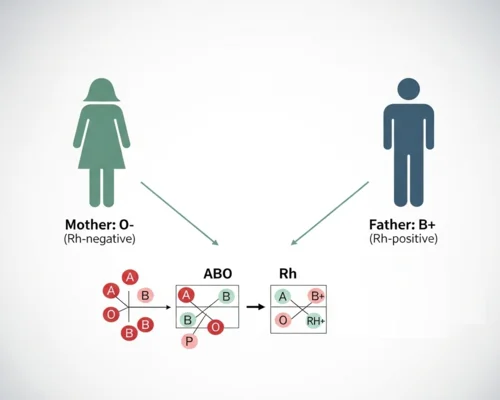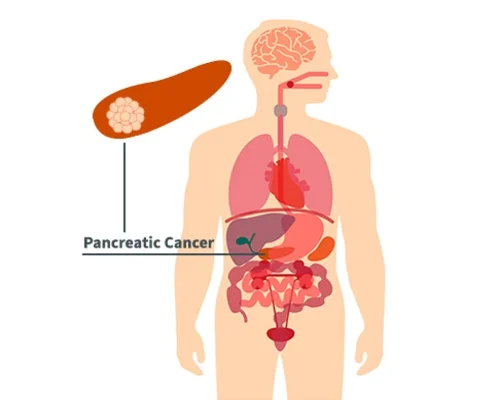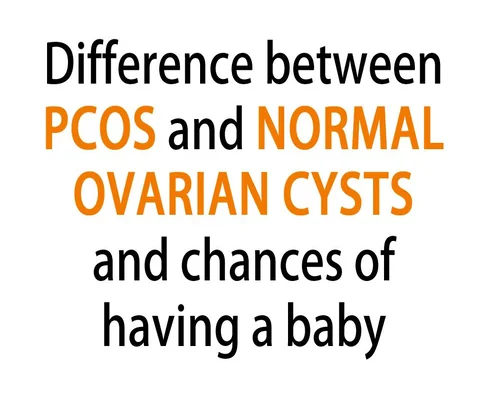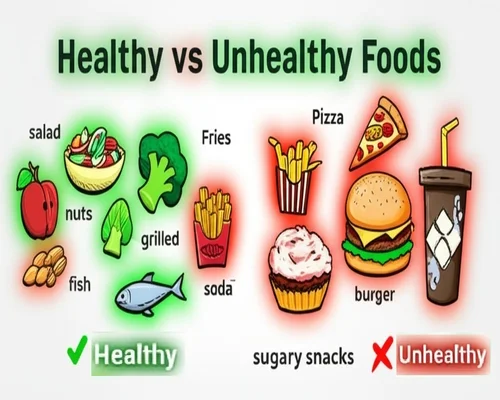
Difference between healthy and unhealthy foods
Difference between healthy and unhealthy foods
The main difference between healthy foods and unhealthy foods is that healthy foods provide the body with essential nutrients and help prevent disease, while unhealthy foods are rich in excess calories, fat, sugar, and sodium, which are harmful to health.
Healthy Food:
Natural and minimally processed foods: Foods like fruits, vegetables, whole grains, and lean proteins are healthy.
Rich in vitamins and minerals: Healthy foods are rich in vitamins, minerals, fiber, and antioxidants that are essential for the body.
Anti-inflammatory: Healthy foods boost immunity, control weight, and ensure overall well-being.
Provides energy: Healthy foods provide the body with the necessary energy that helps in daily activities.
Unhealthy Food:
High in sugar and fat: Fast food, French fries, sweetened drinks, and chips contain a lot of sugar, salt, and fat, which are harmful to the body.
Low in nutritional value: Junk food is high in calories but lacks essential nutrients.
Weight gain and disease causes: Excess fat and sugar intake can lead to weight gain and increase the risk of various diseases, including heart disease and diabetes.
Negatively affects physical and mental health: Unhealthy food reduces the body functioning and also has a negative impact on mental health.
In short, healthy food provides the body with essential nutrients and helps prevent disease, whereas unhealthy food is harmful to the body and can cause various diseases.
Understanding the difference between healthy and unhealthy food is very important for developing good eating habits.
Below are the main differences between these two types of food in simple terms:
Healthy food vs. unhealthy food
Healthy food
- Nutrient: High in vitamins, minerals, protein, fiber
- Source: Natural or minimally processed (whole foods)
- Effects on the body: Helps prevent disease, increases energy, controls weight
- Examples: Fruits, vegetables, pulses, nuts, fish, milk, whole grains
- Long-term effects: Healthy lifestyle, increases immunity
Unhealthy food
- Nutrient: High in sugar, fat, salt or calories, low in nutrients
- Source: Highly processed or refined food
- Effects on the body: Increases the risk of various diseases including obesity, diabetes, high blood pressure
- Examples: Fast food, soft drinks, processed meat, overly fried foods
- Long-term effects: Health damage, long-term illness, low performance
How to recognize healthy food:
Natural and less Processed
Fresh fruits and vegetables
Low-fat proteins
Eat in moderation
Ways to avoid unhealthy foods:
Avoid packaged and processed foods
Reduce foods with excess sugar and salt
Avoid foods with artificial colors and preservatives
Additional tips:
Always check the nutrition label on the package before choosing foods.
Drink more water, avoid soft drinks or sugary drinks.




-vegetable.webp)




